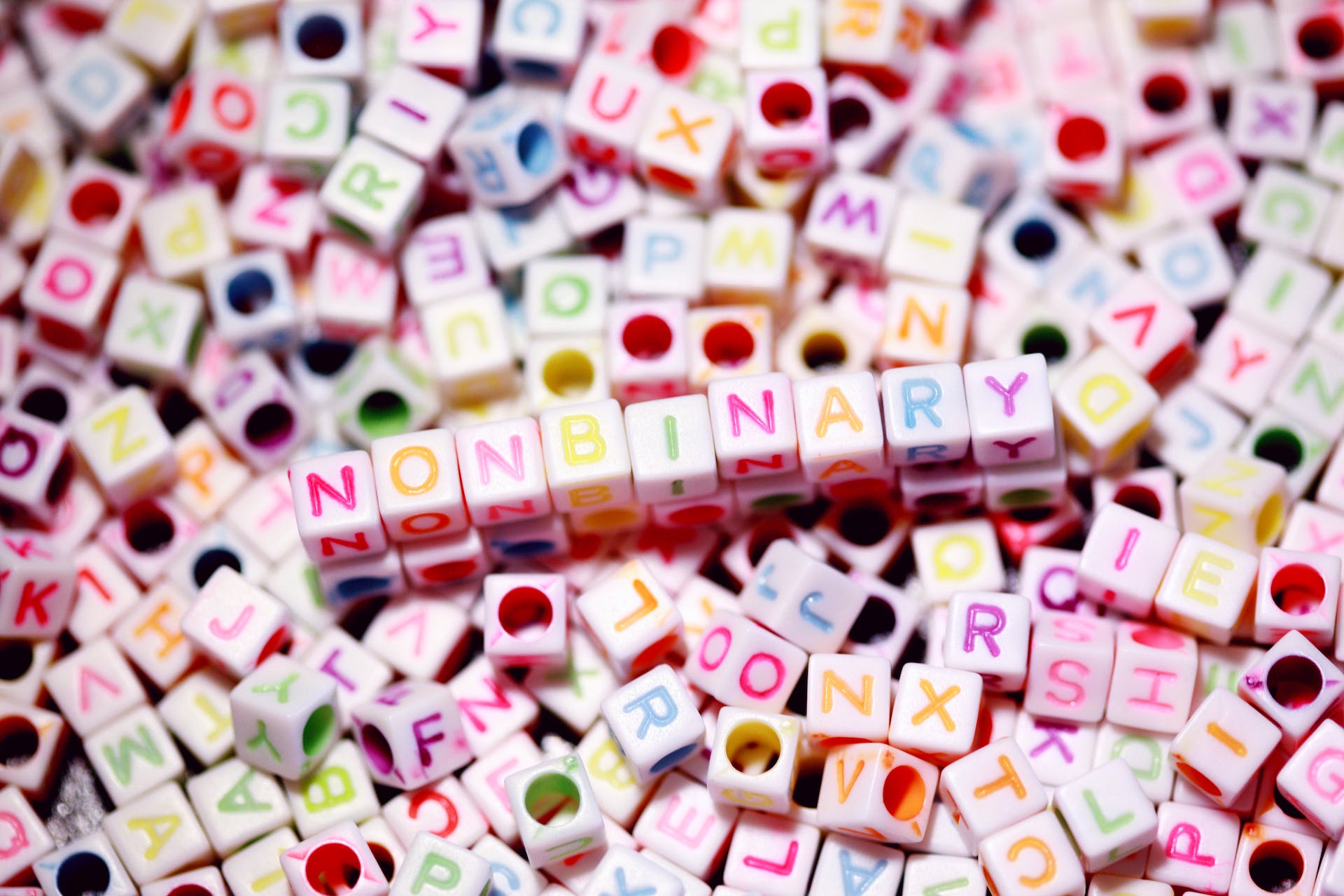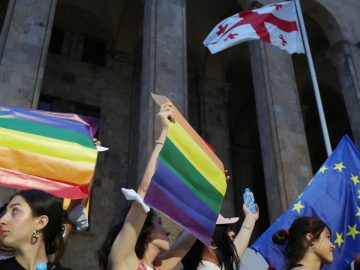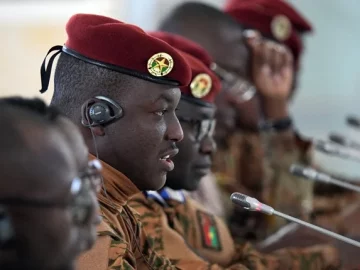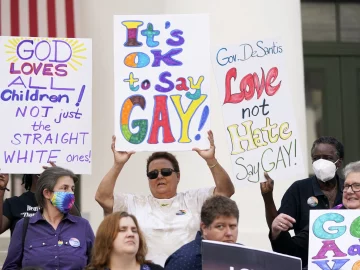As the Philadelphia Marathon gears up for its annual event, a group of elite nonbinary runners is voicing their desire for more inclusive policies. These runners, who do not identify strictly as male or female, are advocating for changes that reflect their identity in the sport they love.
The Experience of Nonbinary Runners
Nonbinary athletes, like Will Newman, who is participating in their first Philadelphia Marathon as an elite runner, express a unique connection to running. For Newman, running is more than a sport; it’s a way to reconcile their love for athletics with a body they sometimes feel disconnected from. However, despite their passion, they feel a lack of full belonging due to the marathon’s current policies.
Current Policies and Their Limitations
Currently, the Philadelphia Marathon allows nonbinary runners to register as such and be eligible for prizes at the non-elite level. However, elite nonbinary runners are still excluded from a separate cash prize pool. This is due to the marathon’s adherence to the guidelines of USA Track and Field, which doesn’t recognize a nonbinary division for elite runners. While nonbinary elite athletes are acknowledged for their identity, they must still compete in the binary male or female categories.
The Struggle for Recognition
For nonbinary athletes like Newman, the issue is more than just about competition; it’s about affirmation of their gender identity. The requirement to compete in gendered categories that do not align with their identity is a significant point of contention. Newman emphasizes the importance of having their gender affirmed in the competitive space.
Progress and Disappointment
The Philadelphia Marathon has made strides since 2021, allowing nonbinary runners to register under their gender identity for the first time. However, the lack of full inclusion, especially at the elite level, remains a source of disappointment for advocates like Josh Fernandez, executive chair of Queer Run’s leadership board. The organization works towards creating safe spaces for LGBTQ+ athletes and has been instrumental in pushing for policy changes.
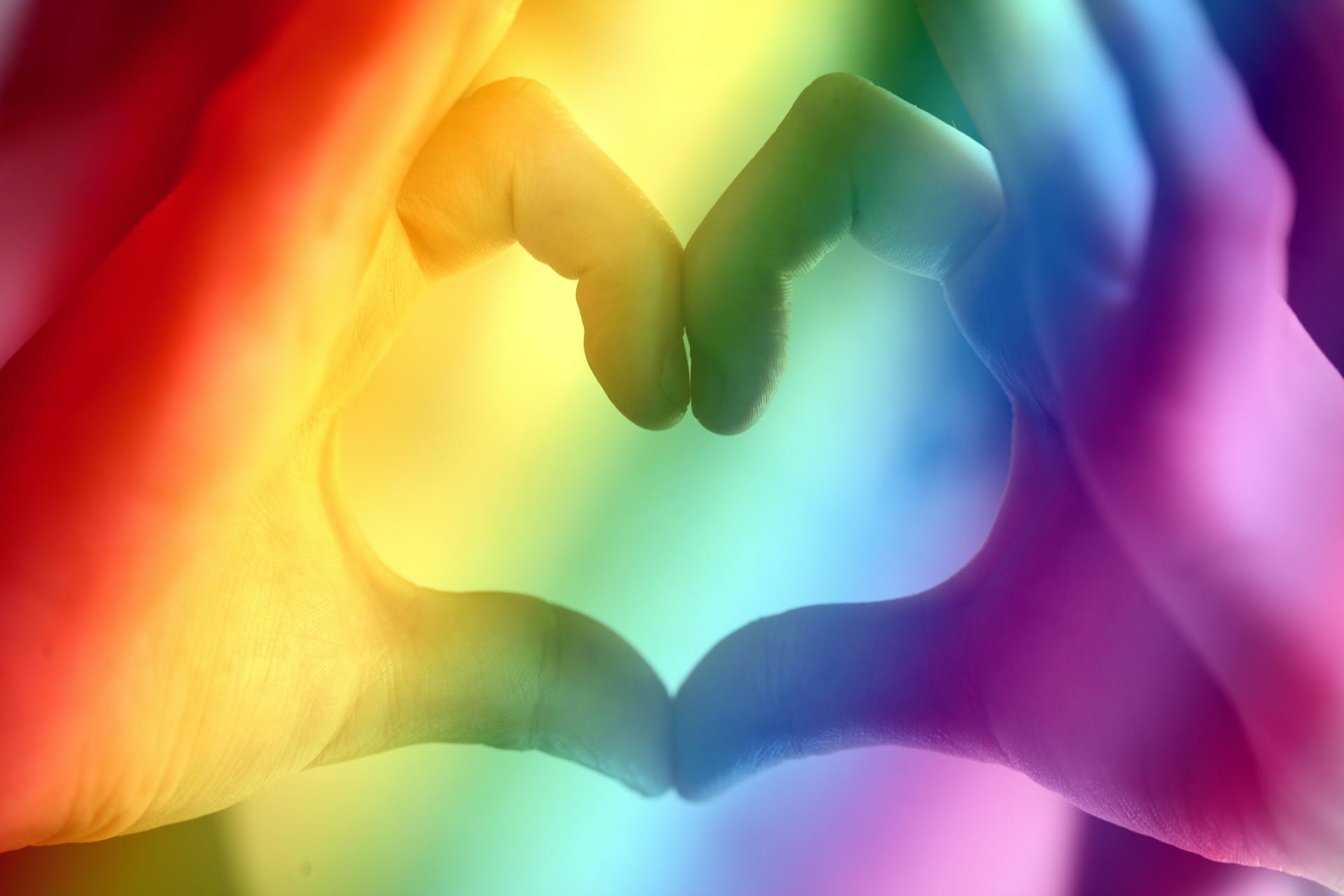
Ongoing Advocacy and Hope for the Future
Despite the progress made, advocates like Fernandez and Newman stress that there is still a long way to go. They are determined to continue their advocacy until nonbinary athletes are fully recognized and accommodated in a manner that they deem equitable. The hope is that with continued dialogue and awareness, events like the Philadelphia Marathon will evolve to become fully inclusive for all athletes, regardless of their gender identity.
Conclusion: A Marathon for Everyone
The Philadelphia Marathon stands at a crossroads, reflecting a broader conversation about inclusivity in sports. The push for change by nonbinary runners and advocates is not just about altering race categories; it’s about redefining what it means to be an athlete in today’s world. As this discussion unfolds, the actions of the marathon organizers will be closely watched by many, hopeful for a future where every runner truly has a place at the starting line.
©unitedradiance.org

